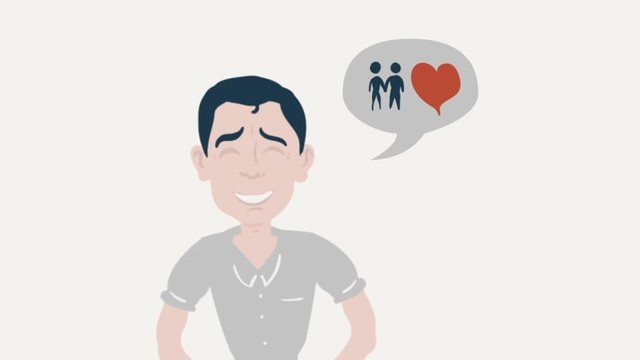The Importance of Laughter: Why Humor is Good for Your Mental Health
A funny brain!
Humor is good for your health. This isn't something I would have guessed, but here's some science to back me up.
Research shows that laughing can help us cope with stress and even reduce the risk of heart disease and diabetes. It helps us sleep better, and it improves our memory.

It also helps us make smarter decisions. A study published in the Journal of the American Medical Association found that those who laugh more tend to be less likely to smoke, drink excessively, or eat unhealthy food.
In the same study, researchers were able to see how a person's ability to make decisions changes after laughing. Participants were given a math test while the researchers measured their blood pressure.
Halfway through the test, the participants were shown an animated comedy clip. They found that people who had laughed felt less stressed than the others who didn't laugh.
Why Does Laughter Make Us Smarter?
So why does laughter make us healthier and smarter? And why is this so counterintuitive?
There are a few theories. One is the dopamine hypothesis. Dopamine is a neurotransmitter associated with pleasure. That's why we enjoy foods that release dopamine, such as cheesecake.
People with depression tend to eat more, and studies show that they can feel the benefit of a good meal as soon as 15 minutes after eating.
There's also the oxytocin hypothesis, which says that we bond with others when we laugh, making us happier in general.
Finally, there's the endorphin hypothesis, which says that laughter actually releases chemicals called endorphins, which are naturally produced by our bodies when we're excited, angry, afraid, or happy.
What's the takeaway?
We're not sure exactly what happens when we laugh, but we do know that humor is good for our mental health. We think it's because of the endorphins, but we're still trying to figure out which comes first.
It's good to remember that laughing isn't just a way to pass the time. Laughter can be a useful tool, and we should try to use it more often.